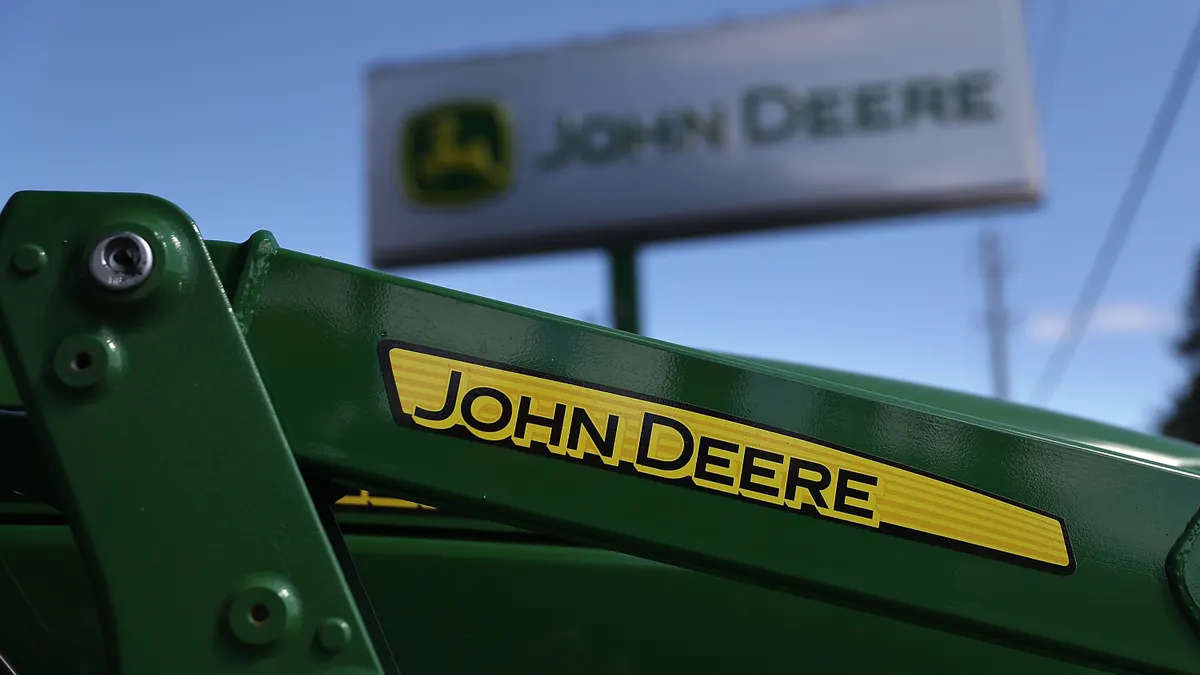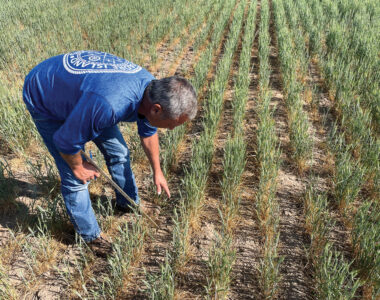
A federal judge ruled this week that the Deere lawsuit brought by the Federal Trade Commission (FTC) and multiple states can proceed. The case centers on allegations that John Deere unfairly limits farmers’ ability to repair their own equipment—an issue at the heart of the growing right-to-repair movement in agriculture.
What the Deere Lawsuit Is About
Mike Scarcella at Reuters reported that the FTC, along with states like Illinois, Wisconsin, and Michigan, accuses John Deere of monopolizing the repair market for its tractors and equipment. Farmers say they are forced to rely on authorized Deere dealers for service, inflating costs and causing delays during critical seasons like planting and harvest.
In his June 2025 ruling, U.S. District Judge Iain Johnston rejected Deere’s attempt to dismiss the case, allowing key antitrust claims to move forward.
Why the Deere Lawsuit Matters
1. Repair Access Impacts Farmers’ Bottom Line
Many farmers say they can’t access the tools or software needed to fix their own equipment. For example, diagnostic codes often require proprietary tools only available to dealers. This dependency can cause long delays and increased repair bills.
2. It Highlights Growing Right-to-Repair Pressure
The Deere lawsuit is one of several legal and legislative efforts pushing for repair access in agriculture. While Deere argues it already provides adequate tools to customers, plaintiffs claim those tools are limited and don’t compare to what authorized dealers can use.
3. It Could Set a Precedent for Other Industries
The outcome of this case could influence how other manufacturers—from electronics to automobiles—structure access to their repair ecosystems.
Deere’s Response
John Deere denies wrongdoing and maintains that its current practices support customer needs. The company also challenged the FTC’s authority and the legal standing of the states, but the court dismissed those challenges for now.
Deere has previously stated it supports a balanced approach to right to repair, though critics argue the company’s current policies restrict competition and harm independent mechanics.
What’s Next
The Deere lawsuit will now move into its next phase, where the FTC and states will attempt to prove that Deere’s repair restrictions violate antitrust laws. Meanwhile, a separate class-action lawsuit against Deere—filed by farmers—continues in parallel.
Final Takeaway
As the Deere lawsuit progresses, its outcome could reshape how equipment manufacturers work with independent repair shops and empower more farmers to maintain control over their machinery. With planting and harvest seasons on the line, many in the agriculture industry are watching closely.
Source:
Scarcella, Mike. “Deere Must Face FTC’s Antitrust Lawsuit Over Repair Costs.” Reuters, June 10, 2025.



